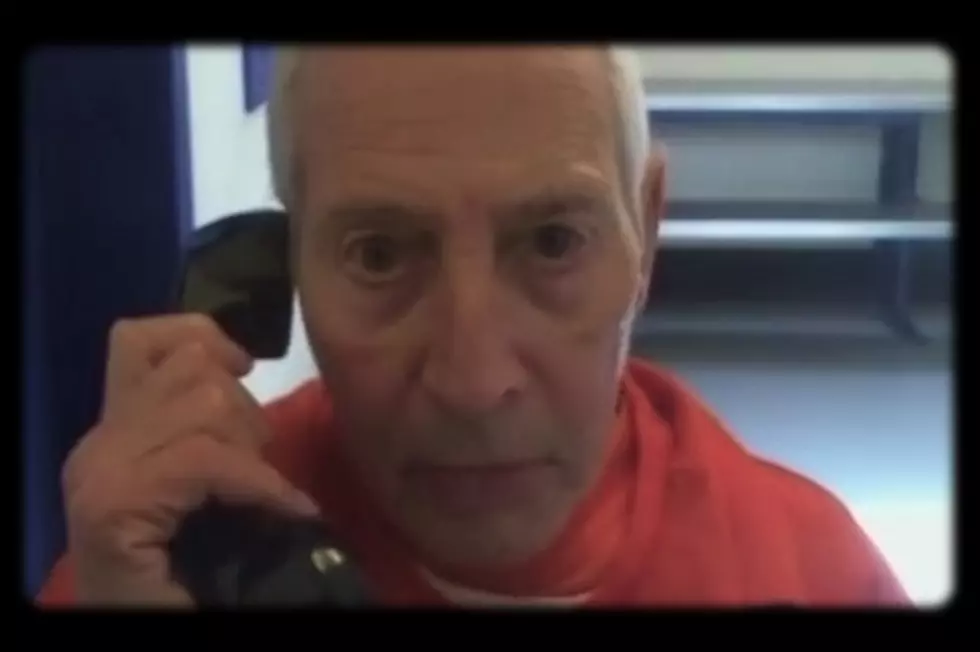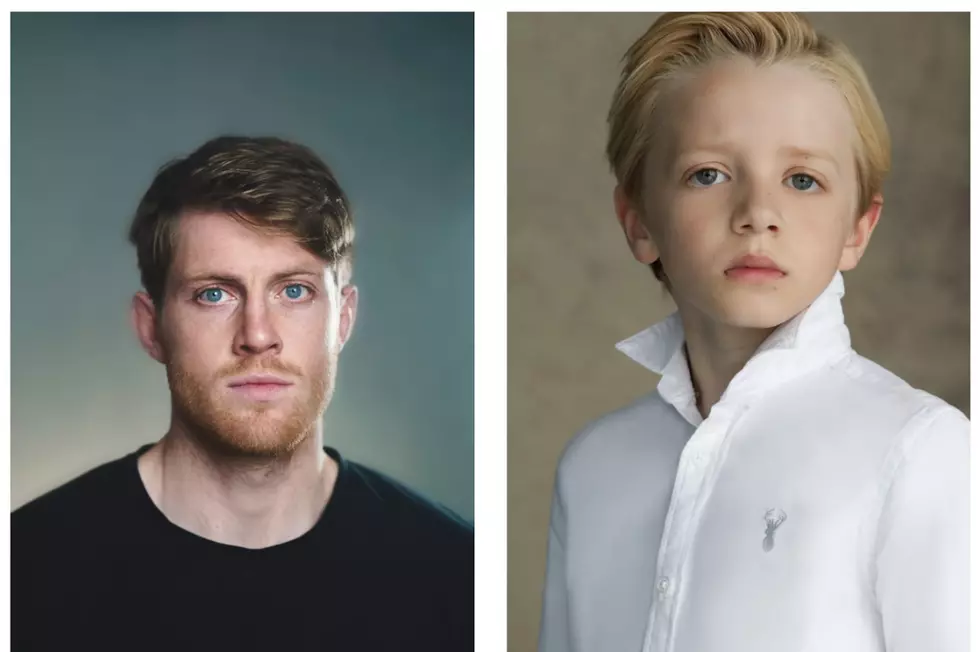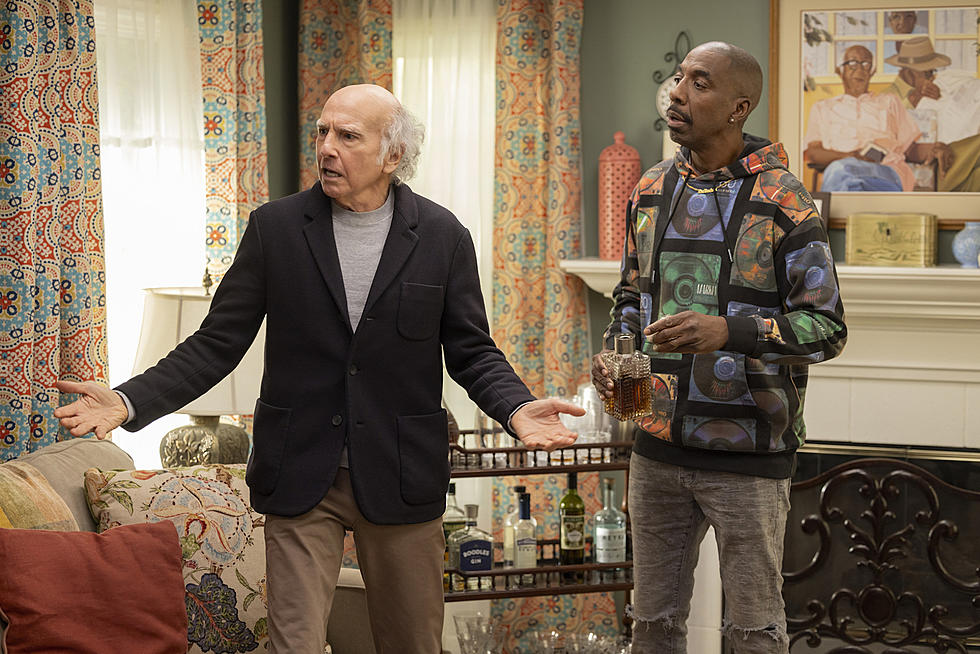
‘Girls’ Review: “Together”
Another season of 'Girls' comes to an end, but can any of these frayed ends be repaired and tied together again?
All relationships are dysfunctional -- friendships, romantic relationships, parental ones. People have this idea that there's some perfect relationship or an eventual, attainable calm for which they can strive, but there's not. There's only symbiosis, the close relationship of two dissimilar organisms. Symbiosis is often scientifically described as occurring when one organism lives inside the other, and if we extrapolate that to human interactions in a metaphorical or figurative context, don't the most meaningful relationships feel as though that person lives inside of you?
Marnie and Charlie. Hannah and Adam. Hannah and Marnie. Hannah and Jessa. Shoshanna and Ray, even. All of these people have meaningful, symbiotic relationships -- they all feel the constant pull to one another for consistent reliance and, in some ways, survival. It's an overly sentimental concept, but one that exists in the realm of 'Girls' in a way that feels tangible. We've seen how Marnie and Hannah's friendship has seemingly sustained itself on the basis of longevity alone, but there's something deeper and inexplicable there, much in the same way that Shosh and Ray hardly make sense. So when Marnie bursts in to Hannah's apartment to check on her, she does so perhaps out of habit, but also because she does care.
Only Hannah doesn't want Marnie's caring right now (or Shoshanna's). There are two people with whom Hannah feels she can be truly genuine: Adam, whose awkward vulnerability not only echoes her own but represents the sort of honesty she can only fabricate, and Jessa, someone who has never truly judged her. Marnie is not in a good place for Hannah right now, but she's also judgmental and superficial, and probably the last person who should be seeing Hannah all holed up in her apartment, unkempt and living like a pillow and blanket hoarder in self-imposed exile. We often present ourselves to different people in varying shades of our true selves, obscuring that which is too fragile. With some friends we can be our absolute selves, and with others we have to be shades lighter or darker. This is not the Hannah that Marnie knows, and it's not the Hannah that Hannah wants Marnie to know.
And so during that final scene, as Adam valiantly (and shirtless-ly, as if there's any other way) runs to Hannah to rescue her from herself, it's only Adam that's capable of doing so -- and also because Jessa ran away. The scene reads like a modernization of the antiquated rom-com trope of a couple running through a crowded street to each other because they're ready to overcome whatever trite flaws they've struggled with, but this is different and so much better. Women don't need rescuing, but sometimes people need to be rescued from themselves. Hannah has finally opened herself up to Adam in such a beautiful, vulnerable way -- and damned if I wasn't sobbing and pumping my fists in the air as he ran to her.
Like Hannah says to Laird when he stops by to help butcher her hair, when you're a kid and there's broken glass nearby, an adult tries to protect you from cutting yourself, but when you're an adult, there's no one there to keep you safe. You end up getting hurt -- it's inevitable. Laird also delightfully puts Hannah down for being presumptuous, which touches on another theme of the episode.
Marnie has, once again, presumed that someone is her boyfriend without having the specific dialogue necessary to confirm it, but this time it works out. Marnie and Charlie are able to embrace their dysfunction when she comes to the realization that she loves him and wants to be with him, and I love her line there about wanting to watch him die. We've been watching Marnie try to find her place in the world and figure out what she wants all season, but there's no reason why you have to exclude a person you love from your life just because you feel lost in other ways. That's what Hannah's been doing all season. It's what Jessa's done, too. It's what all people do when they feel scared and lost and confused. They run away and cut people out of their lives because they begin to look at their lives as package deals. If you aren't happy with one thing, you must be unhappy with all things, so you look to place (or project) the blame on the people closest to you because a relationship is something you can control easily by ending it, while making the changes necessary to better your life are exponentially harder to do.
I don't think that either of these endings are the sort of magical, fairytale ending they might seem to be -- we've seen how these characters, like real people in their early 20s, are cyclical in nature and continue to make the same mistakes or similar mistakes over and over again. There's something dark about watching Marnie and Charlie walking happily together, just like there's something sort of sad about Adam cradling Hannah at episode's end. They may not repeat the exact same mistakes, but they will make them, and these relationships may once again fall apart due to complacency, the lack of motivation to evolve past that which is comfortable.
And sometimes when you can't find the motivation within yourself, it takes your desire to keep that person around to make the changes you know are necessary but you've felt complacent in avoiding. So it goes for Ray -- Shosh presumes that if he gets a better job or more education, their relationship will click into place. But when he gets promoted to manage a new coffee shop (thanks to a guest appearance by Colin Quinn), it's not enough. Now Shosh presumes that Ray needs therapy. She will do or say anything to avoid breaking up with him even as she's actually doing it, but the truth is that nothing that Ray does will make her happy. There are some changes that go beyond the surface of a person, and Ray quickly realizes that it's not about his station in life -- it's about his personality.
I'd be remiss not to mention one of my favorite concepts, as shown through Adam: a deeply layered and smart portrayal of how we let insecurity dictate our relationships (though that seems to be present in almost every plot this season because, well, it's present in every human relationship). Sex can be a healthy outlet to express and explore power dynamics and things that affect us emotionally and mentally. Sex can be as cathartic as self-harm (like Hannah purposely hurting her ear), and through sex, Adam tries to degrade women because he feels as though they think of him in all the worst ways he thinks of himself, and in order to confirm that, he needs to bait that feeling out. I do believe Adam really enjoys this dialogue during sex, like he clearly did with Hannah, but with Natalia there's an added dimension.
This season of 'Girls' has been mostly great, and this final stretch of episodes has explored some themes and concepts that I'm probably pretty biased about -- personal evolution and how that relates to and functions within a relationship, the way we project onto others and make assumptions, and the way we only show people the versions of ourselves that we want them to see, good and bad and in between.
More From ScreenCrush









